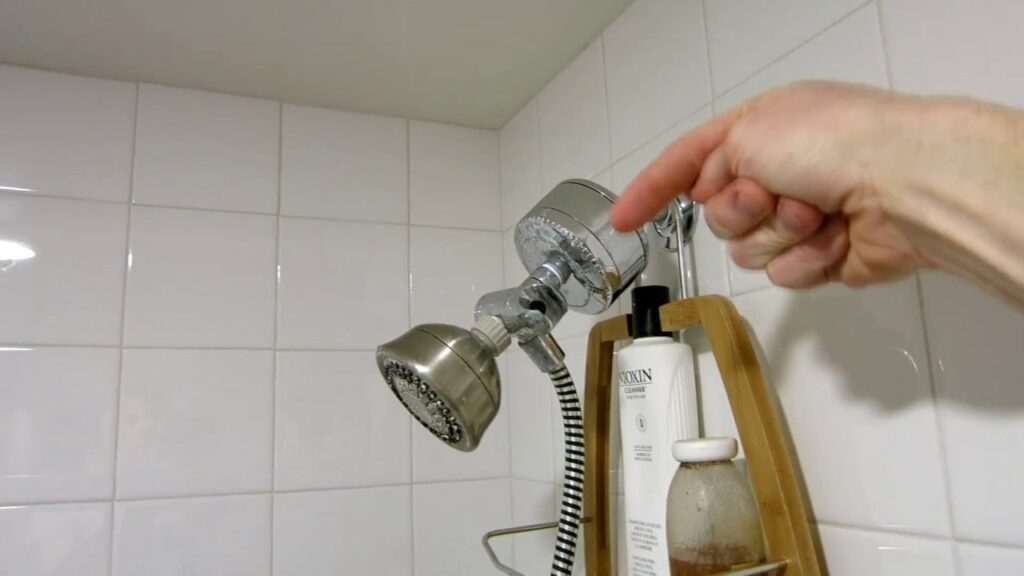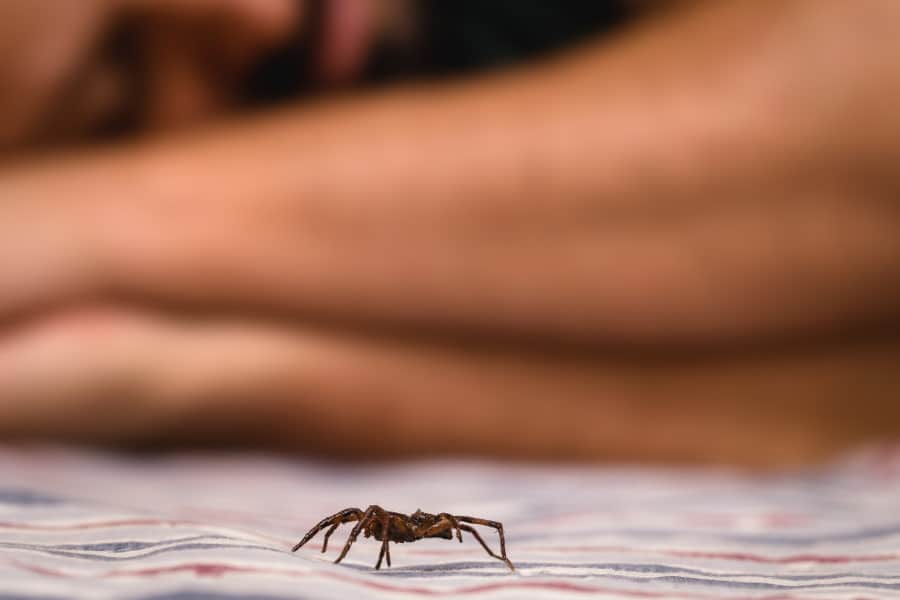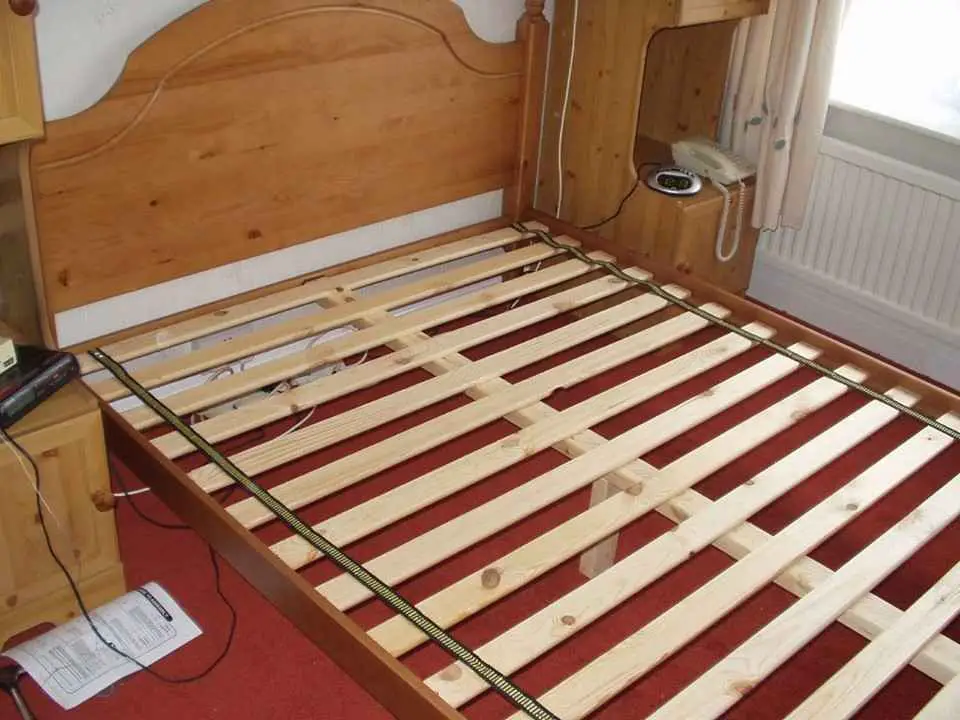Do PVC pipes get hurt by vinegar?
Your drain pipes can suffer greatly from harsh chemicals, especially if they are made of PVC.
Vinegar has a reputation for clearing clogs from drains, but can it be used on PVC pipes?
Vinegar does not affect PVC pipes.
Despite being acidic, it won’t raise the temperature within PVC pipes, unlike some chemical cleaners that could make them melt.
The best way to unclog PVC pipes is to mix vinegar and baking soda before pouring them down.
The compensations for utilizing vinegar to unclog PVC pipes will be covered in this article.
PVC Pipes and Vinegar:

Vinegar is corrosive because it is acidic, therefore, you must use caution when applying vinegar to natural materials.
On the plus side, vinegar can occasionally be a more effective cleaning solution than all the harsh commercial chemicals used today.
You may use vinegar to safely clean your shower, bathtub drain, and toilet bowl.
Mould and mildew can be removed from these surfaces by leaving vinegar and baking soda on them overnight.
After washing the surfaces with water, vinegar will inevitably enter your drain pipes because it’s much preferable to having harsh chemicals pass through them, particularly if they are Polyvinyl chloride pipes (PVC).
PVC pipes are frequently used in residential plumbing because of their durability, strength, and affordability.
They are thermoplastic, which implies that plastic and vinyl were used to make them.
Additionally, you don’t have to be concerned about vinegar coming into touch with PVC pipes because they are resistant to rust and corrosion.
How to Use Vinegar to Clean PVC Pipes?
As we previously stated, vinegar may work wonders, even with significant PVC pipe clogs. However, add vinegar and baking soda mixture to unleash its potency.
These two potent cleaning chemicals together will result in the production of carbon dioxide.
Due to the pressure that builds up in the pipes when carbon dioxide interacts with water, nearly any material can be lost and scooped out (without making you question whether will vinegar hurt them).
Distilled white vinegar or apple cider vinegar is the vinegar type to use in bottles for maximum effectiveness.
To clean PVC pipes using vinegar and baking soda, adhere to these 4 steps:
- Pour a bucket full of warm water down the drain (we’ve already discussed why PVC pipes and boiling water don’t get along),
- plus blend 1 cup of vinegar with 1 cup of baking soda and pour the resulting solution down the drain.
- If you think you are fighting a serious blockage, you can also close the drain (optionally) to increase the pressure in the pipe.
- Give the mixture 10 to 15 minutes to sit there,
- Wait for the reaction to bubble or fizz after adding another bucket of warm water.
Simply by doing that, you may unclog a slow drain in less than 20 minutes without damaging your PVC pipes or using harsh chemicals.
What Should Vinegar Never Be Mixed?

The cleaning power of vinegar would increase when combined with hydrogen peroxide, however, the combination of these two potent substances could harm your PVC pipes.
Moreover, avoid combining vinegar and bleach.
How is vinegar superior to cleaning agents?

Numerous industrial cleaning agents are harsh and inappropriate for some pipes, such as PVC pipes.
PVC pipes are sturdy, long-lasting, and corrosion-resistant, but they are not able to withstand the chemical reactions caused by industrial products.
Some commercial products contain sulfuric acid, hydrochloric acid, or sodium hydroxide, which when combined with water produces a lot of heat and is bad for PVC pipes.
The heat is dangerous for PVC pipes because it might harm them when it rises above the boiling point.
PVC pipes are heat-sensitive and prone to melting. Therefore, you run the danger of harming your PVC pipes if you pour these chemicals inside of them.
However, vinegar won’t cause your pipes to melt. It only has a 4–8% acetic acid content, which is insufficient to harm a pipe.
After cleaning your pipes with vinegar or vinegar with baking soda, you might need to pour boiling water.
Boiling water has been used successfully by many people to unclog their pipes. That’s excellent, but because PVC is plastic, boiling water might melt it, so you might want to think again before doing that.
FAQ: Will Vinegar Hurt PVC Pipes?
Q1. Is it OK to use baking soda and vinegar on PVC pipes?
In actuality, the safest and most efficient ways to clean pipes are vinegar and baking soda.
They won’t cause any damage to PVC pipes, and they might even keep them clear of debris and clean.
So that if your home has PVC pipes, feel free to use baking soda and vinegar to clean your drains.
Q2. Can vinegar harm PVC?
The water-insoluble thermoplastic polymers that make up typical plastics (such as PE, PVC, and PS) prevent them from being dissolved by vinegar when exposed to ambient conditions.
Q3. Is white vinegar harmful to plastic?
The majority of small kitchen appliances, like toasters, coffee makers, and blenders, have plastic and glass surfaces that vinegar can be used to safely clean.
However, as vinegar can damage metal and rubber, you should avoid using them.
Also read: How To Vent A Toilet?
Conclusion:
Applying vinegar to your PVC pipes won’t hurt them, its acidity is not high enough to damage pipes so it won’t harm your PVC pipes.
Some cleaning agents contain sodium hydroxide, hydrochloric acid, or sulfuric acid, which are bad for PVC pipes because of their heat-related potential to melt the pipes.









